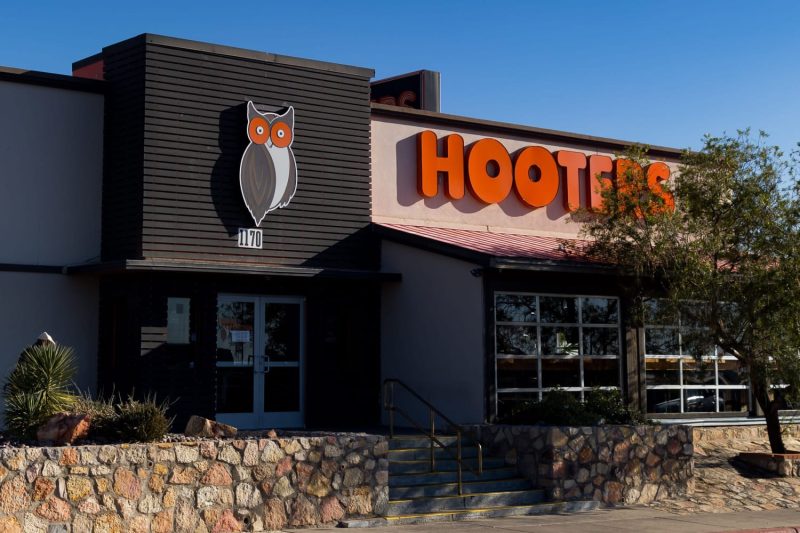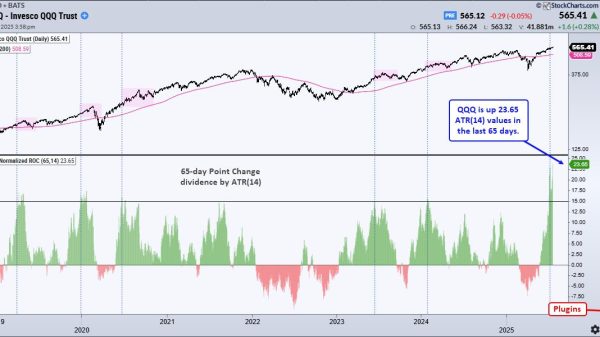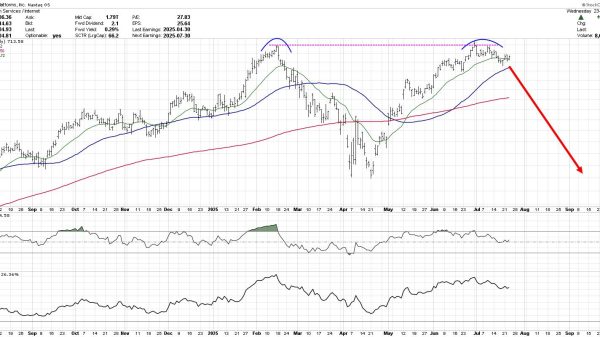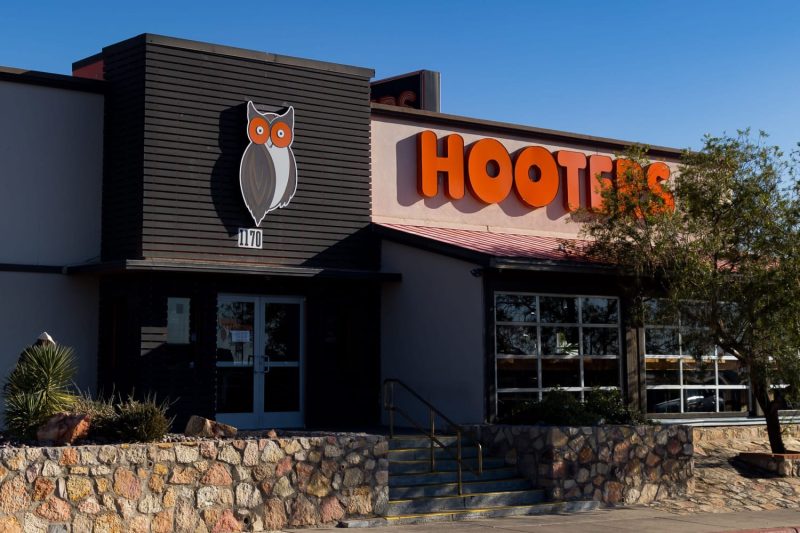
Hooters said Monday that it’s closing ‘a select’ number of underperforming restaurants, the latest casual dining chain to announce shutdowns amid broader industry woes.
Hooters said that it was ‘under pressure from current market conditions,’ but added that new restaurants continued to open domestically and internationally. It did not respond to an inquiry about the exact number of locations affected.
‘The brand of 41 years remains highly resilient and relevant,’ it said in a statement.
The closings were first reported by National Restaurant News, which said about one-third of all brand-name restaurant chains ended 2023 with fewer locations than they started with.
Eating out in the U.S. faces some crosscurrents. On the one hand, complaints about higher costs at fast-food chains have hurt the fortunes of stalwarts like McDonald’s (whose share pice is down 13% year to date), Burger King and Popeye’s parent Restaurant Brands International (down 9%).
On a recent earnings call, the CEO of Olive Garden parent Darden Restaurants said he’s seen some evidence that fast-food diners are switching to casual dining as a result.
Yet this is belied by a wave of closures at casual dining giants like Applebees, which in May said it would shutter at least 35 locations this year; Red Lobster, which is facing bankruptcy; Cracker Barrel, whose stock is down 43% this year; and Outback Steakhouse and its sister chains Carrabba’s Italian Grill and Bonefish Grill, which have seen 41 closings this year.
Overall, restaurant spending has fallen in four of the past six months for the first time since the pandemic began, Census retail sales data shows.
Restaurant cost increases are barely slowing, in contrast with grocery prices. According to the Bureau of Labor Statistics, the cost of ‘food away from home’ has surged more than 25% since the Covid-19 pandemic began and climbed another 4% in May compared with just 1% growth for groceries.
A recent survey by consultant group KPMG found that 41% of consumers said they plan to spend less on restaurants this summer compared to last summer — with only 21% saying they would spend more. On average, consumers said they would reduce their monthly spend on restaurants by 9% — more than any other category.
“Consumers are tightening their belts another notch as they hunt for discounts, and even some essentials are being impacted,’ Duleep Rodridgo, KPMG’s U.S. consumer and retail sector leader, said in the study. ‘We have already seen a few retailers lower prices, as they look to maintain the balance between their margins and demand.’































